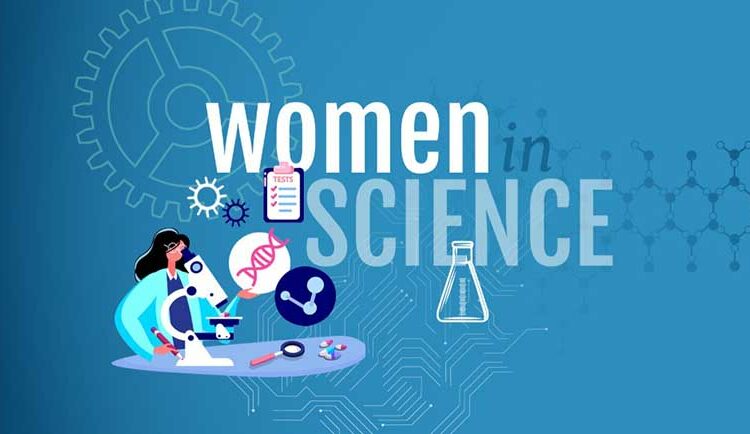The most recent European Commission survey from 2018 shows that now roughly one-third of researchers throughout Europe are women, up from 30% in 2006. However, this can vary from 53% of researchers being women in North Macedonia to just 26% in Czechia and the Netherlands (though the latter has drastically improved from 18% in 2006).
Common to all countries is an institutional bias in science careers. European Union statistics show that the proportion of men and women scientists remains roughly equal until PhD graduate level. After that, the gender ratio drastically diverges as more men get promoted, until, at the highest positions in European science, roughly 75% are men.
The EU is trying to fix this through its funding policies. Smith is participating in the ongoing Ultimate project on how to best recycle wastewater, funded by the EU’s Horizon 2020 research programme which ran from 2014 to 2020. The programme was the first time that grant applicants had to explain how they would factor in gender equality into their research project when applying for grants.
Horizon Europe, the EU’s flagship research programme which followed on from Horizon 2020, requires all public bodies, research organisations and universities to have a gender equality plan to apply for funding. These plans usually include policies for work-life balance, finding and removing barriers to promotion, and training on gender equality.
This has encouraged universities and their national associations across the continent to develop their own gender equality plans for the deadline last year. Some universities have created gender equality boards to maintain their gender equality figures.
These efforts complement the community initiatives that have been set up over the past 20 years to encourage women to enter science, such as Femmes et Sciences in France, NaTE in Hungary, and Gender A Vda in Czechia.
Barriers for women in science also exist outside the campus. Lockdowns during the COVID-19 pandemic were shown to disproportionately affect women researchers, as they, rather than men, were expected to take on extra family care responsibilities. But it does not take a pandemic for women to take on this burden.
Source of information:
https://www.universityworldnews.com/post.php?story=20230308122058943

